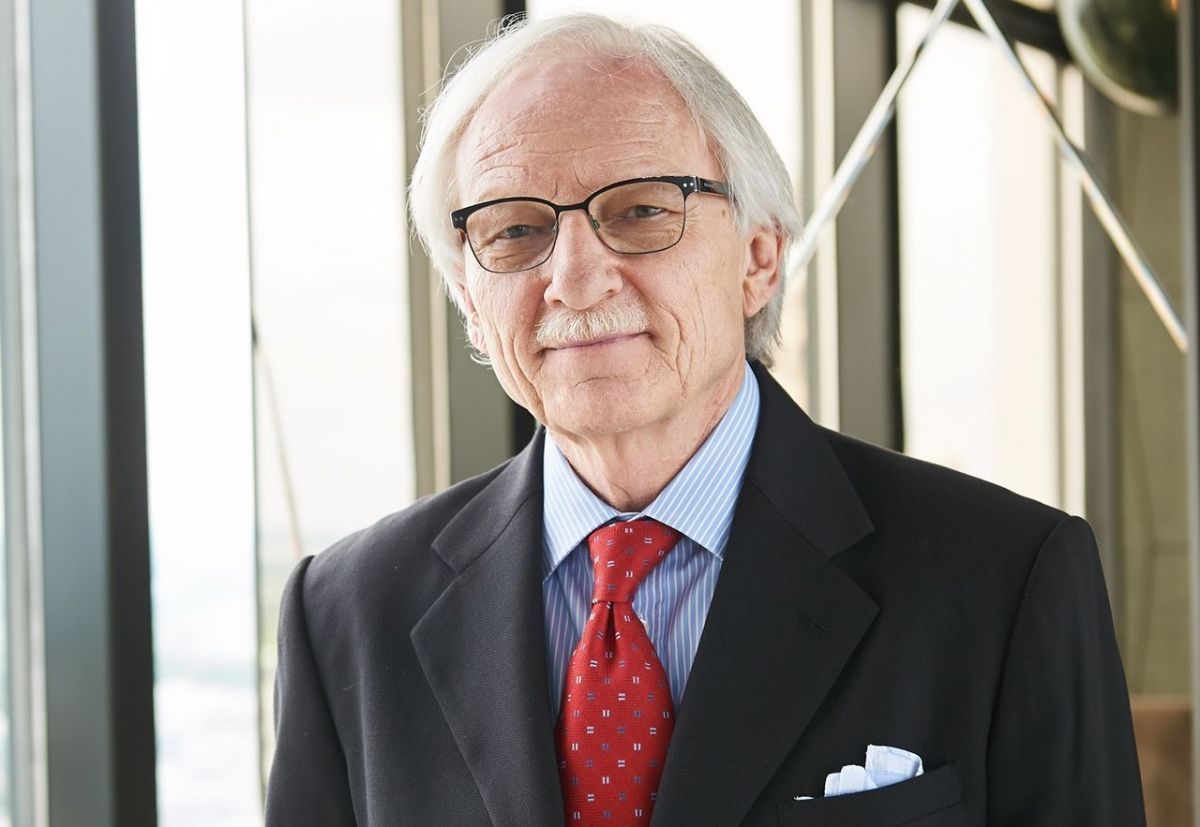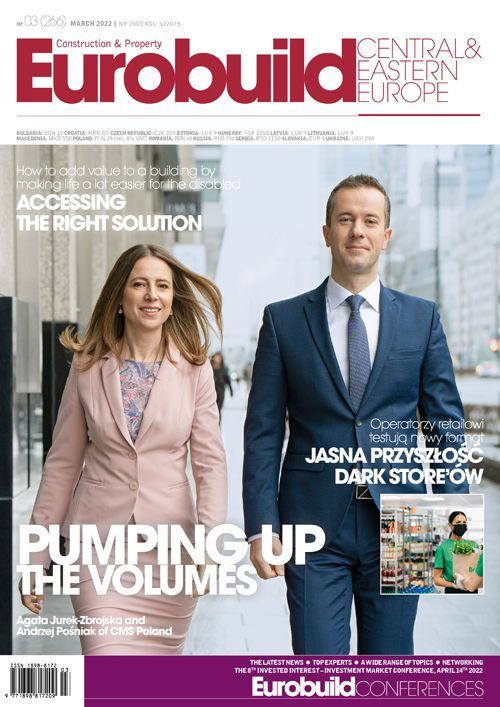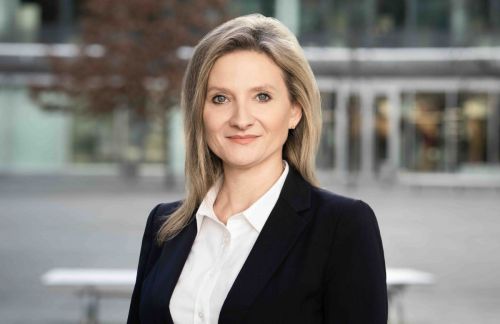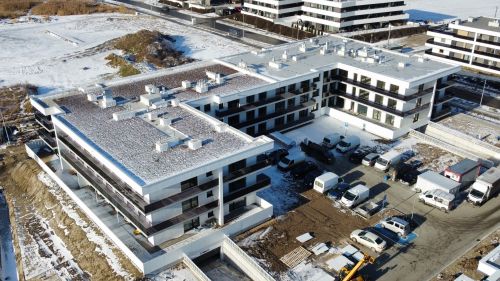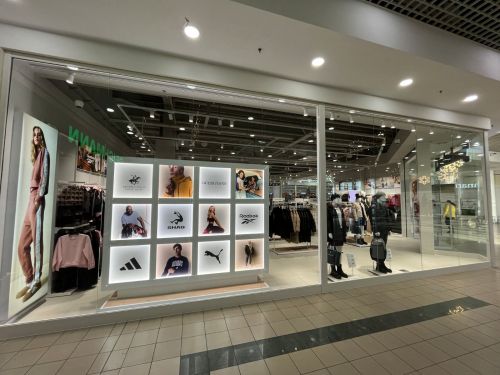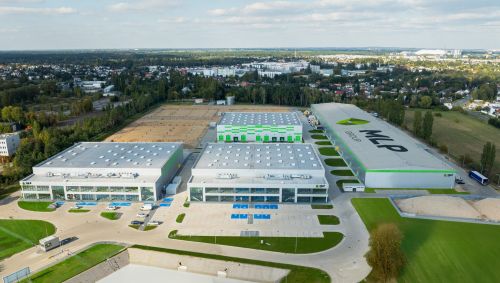Last year, multiple restrictions introduced “temporarily” disrupted the market and prevented any rational planning. The uncertainty and unpredictability of decisions made by the government have complicated both the planning work and organising events.
“I have tried to redact this yearly introduction and forecast for 2022 at least five times in the last few weeks and abandoned every attempt, due to the fluid Covid-19 developments that seem to change by the day. We have been producing annual hotel market reports for the last 15 years. Our previous end-year report (2020) certainly had some challenging conclusions, particularly in relation to the Covid-19 situation. Everyone in this sector is aware that we were presented with the same challenges when reflecting on 2021. The hotel and tourism sector has been battered over the last 20 months, and what is most concerning is that we can’t forecast or see a clear path towards normalcy for our sector at any time soon,&rd
